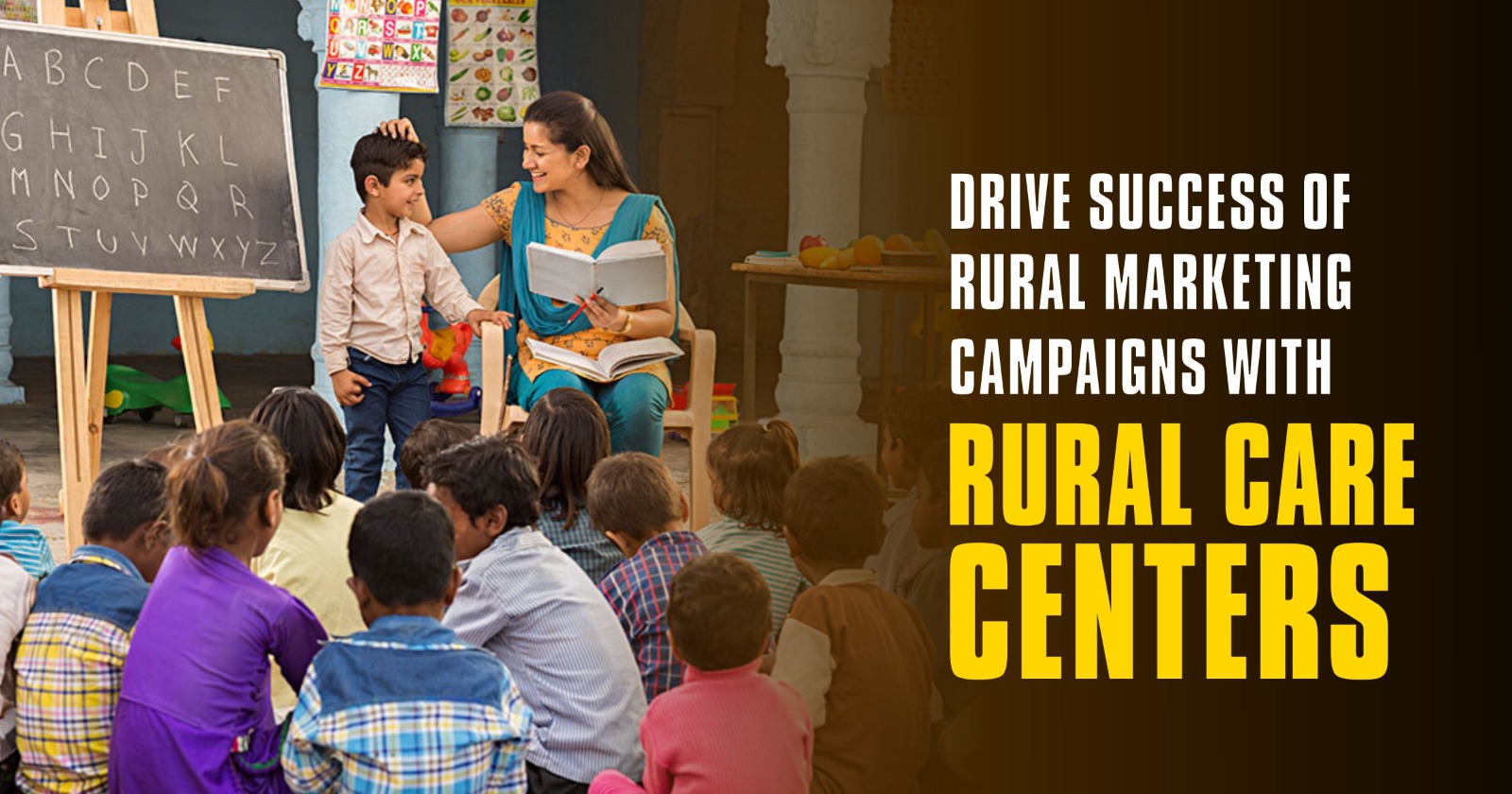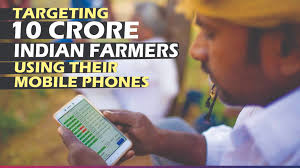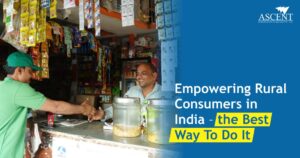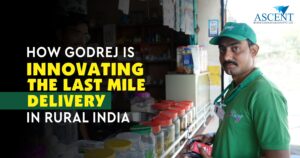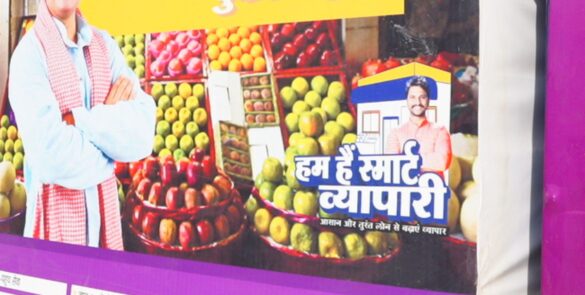Although Anganwadis, ASHAs, and SHGs aren’t directly involved in rural marketing campaigns, they can be essential in supporting and amplifying activities in rural areas. Marketers can reach their target audiences more successfully in rural areas by utilizing these already-existing networks. You can learn how these rural care centers can assist you from this blog.
Primary healthcare in rural areas is provided mainly by organizations like Anganwadis, Ashas, and SHGs. In 1975, the Indian government launched the Anganwadi scheme, which is still a powerful institution today. It was founded to combat malnutrition and advance education in rural areas. Anganwadi workers track the children’s weight daily, prepare and serve their meals, educate them, and provide for their well-being.
They are also responsible for counseling village women and kids, advocating contraceptives, and supporting adoption. For an Anganwadi worker, the women and children of the community are of utmost importance. They are responsible for teaching parents about child development and nutrition. They support women in finding jobs and starting their businesses. Anganwadi also provides vocational training courses for anyone who wants to work and live independently.
Involvement of Accredited Social Health Activists (ASHA) across Rural India
ASHAs are chosen by the government and are in charge of providing for the needs of the women in their village. In addition to encouraging hospital deliveries, they use sterilization procedures and contraceptives, educate women on child nutrition, and persuade them to vaccinate their children. Locals have a close relationship with rural families and with these women activists. They can also assist and empower other women.
ASHAs are a vital communication mechanism connecting India’s extensive healthcare system and rural inhabitants. According to a survey, since 2005, almost 25% of Indian women have received one or more ASHA services throughout their most recent pregnancy. Additionally, the contribution of ASHAs to the achievement of female sterilization demonstrates their successful work in these fields, and their performance levels have been steadily rising across the country over time.
Contributions of Self-Help Groups (SHGs) in Rural India
Self Help Groups (SHGs) are created in villages to empower the rural communities they have formed. Farmers, artists, and craftspeople create them, and these organizations support one another financially by raising each other’s levels of awareness. They support one another in achieving the same objective and come from comparable socioeconomic environments.
In India, SHGs have been successful in reducing poverty and empowering rural residents. The creation of small businesses by SHGs and their activities has significantly advanced the socio-economic development of impoverished rural people. The importance of self-help groups in the economic growth of the rural population nationwide has been acknowledged by the Indian government. Even now, SHGs are working on initiatives to help rural families educate their children.
Why do rural marketing campaigns in India need the assistance of these groups?
To demonstrate how closely knit and effective these organizations or groups are, everything was explained. An Anganwadi worker woman is likely to be familiar with the entire community by being required to visit homes to meet people and speak to ladies. These volunteer workers visit people’s homes, get to know them, and talk to them about their difficulties while offering advice.
Workers for the Anganwadi and ASHA are respected in the community. People will listen to them because they instill confidence in their communities. SHGs are additionally small, close-knit groups of 10 to 20 people who are linked together by the same financial goal. By getting together and addressing their issues, they create awareness among one another.
These groups that operate in rural areas get together frequently and have discussions about numerous helpful subjects. They bind village residents together, creating a solid network of people to help carry out rural campaigns.
Why do rural marketing campaigns necessitate a strong network of people?
Any successful rural marketing campaigns need a strong network of people who come from the same background and are within them, especially if it involves rural activities. They will communicate since they share a familiar environment. Additionally, people pay attention to someone in a position of near authority; therefore, volunteers greatly influence their family’s decisions.
Volunteers and SHGs work with rural families and their communities on all levels. In addition to offering nutritional guidance to expectant mothers, they advise parents about the nutrition they should provide for their children. They provide couples advice on starting families and leading healthy lives. They become exceptionally intimately connected in the people’s households. The first step in improving rural campaigns is to build strong relationships and maintain healthy communication levels.
These organizations and volunteers can aid in advancing rural marketing campaigns in India since they better understand the target audience’s psychology.
Reasons for selecting these groups to market and promote rural campaigns
They already have a strong network of familiar people and local professionals, and they meet up regularly.
Since the volunteers are close to the locals, many people pay attention to their recommendations and instructions.
The volunteers have spoken to families and played a significant role in numerous family gatherings.
They can better develop their centers due to the additional financial support, which motivates them to work even harder on a rural campaign.
The outreach becomes an even bigger and better fact that volunteers know many more households than just one.
The majority of the volunteers are women. They are more adept at pursuing, publicizing, and ensuring the success of rural campaigns.
Key Takeaways
The social network of the locals and the villagers is deeply ingrained in the Anganwadi, ASHA, and SHGs, as well as other similar organizations. Every effective rural marketing campaign relies on social networks and public relations, and this network is essential for promoting rural marketing campaigns as well.
Additionally, these workers have an advantage over specialists because they share the same rural areas, which gives them knowledge of the region and aids in quickly identifying and resolving problems.
Furthermore, these volunteers and SHGs always need financial support, so if motivation is high, they will work harder and be more excited about rural initiatives. They also possess stronger social abilities, making it easier for them to communicate with others in the area. They play a crucial role in the social setup of a village, and because they are locals, they are familiar with the culture, the people, and the local languages. They also enjoy a high degree of trust, which helps advance all rural marketing campaigns.

